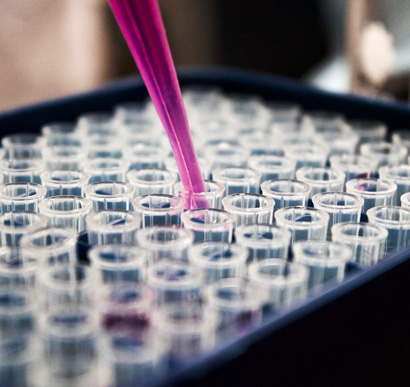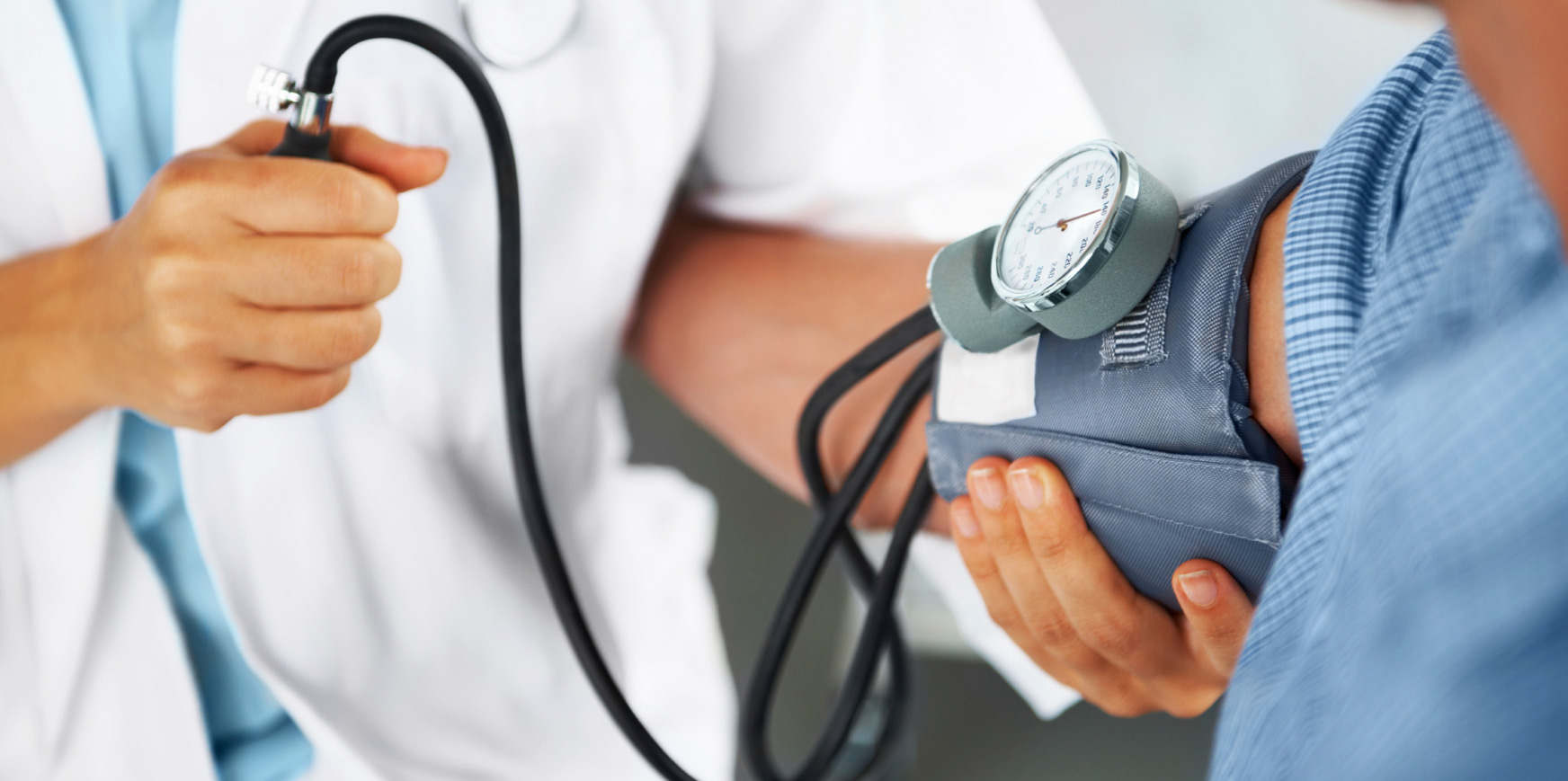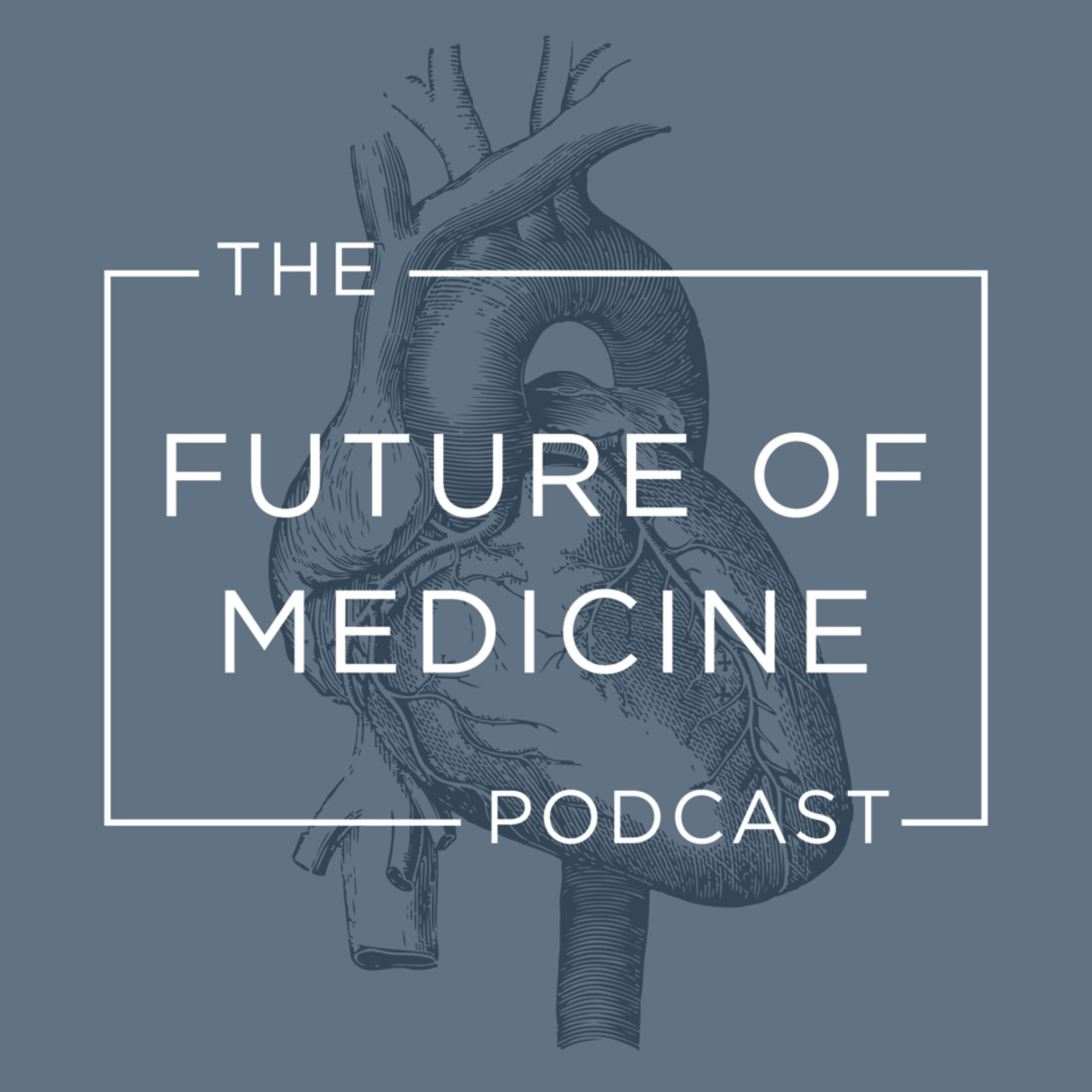Show Notes
IS THERE A DRUG FOR MEN THAT REDUCES RISK OF HEART ATTACK AND STROKE, MAKES YOU FASTER, STRONGER, LEANER, BETTER IN BED, MORE CREATIVE, CLEARER THINKING, AND REDUCES YOUR RISK FOR ALZHEIMER’S DEMENTIA?
Is that something you’d be interested in?
I’m excited to share with you a seven-part deep dive into hormone replacement therapy…
THIS POST IS ALL ABOUT TESTOSTERONE REPLACEMENT IN MEN.
There’s a ton of misinformation and confusion around the topic of testosterone replacement for men. Yet, for 50 years, we have been prescribing this medication with great benefit. Not one study has been truly shown harm with bioidentical testosterone replacement.
In fact, hundreds of studies have been published showing its clear benefit.
In this blog, I’m going to give you the biggest myths and benefits of testosterone therapy in men, along with the key conversations to have with your physician about replacing testosterone.
WHAT IS TESTOSTERONE?
Testosterone is a hormone.
Both men and women make testosterone, but for the purpose of this post, we’re going to focus on men and testosterone.
Men make testosterone in the testes along with the adrenal glands. When testosterone is high, in your 20s and 30s, you reap all the benefits of adequate testosterone levels. You have energy, a normal weight, high libido, and you feel like you can conquer the world.
TESTOSTERONE IS THE HORMONE THAT MAKES A MAN, A MAN.
But, around the mid-40s, there is a significant drop in testosterone levels which results in deterioration in overall strength, stamina, creativity, mental clarity, sexual libido and performance. In addition, a man’s risk for cardiovascular events goes up.
These changes are sometimes referred to as andropause, and it is similar to what women experience in menopause when their estrogen levels drop.
THE ONLY DIFFERENCE BETWEEN A 25-YEAR-OLD AND A 55-YEAR-OLD YEAR OLD IS THE LEVEL OF TESTOSTERONE.
You may have heard or read that replacing testosterone has health risks.
HERE ARE THE BIGGEST MYTHS ABOUT TESTOSTERONE THERAPY.
Myth #1 – Testosterone causes heart attacks.
There have been a lot of discussions and confusion around heart attack risk and testosterone replacement.
However, 50 years of studies show no direct correlation or causation of cardiac event with bioidentical testosterone replacement. I
n fact, all of the data suggests that testosterone is cardioprotective.
Myth #2 – Testosterone causes prostate cancer.
Testosterone does not cause prostate cancer, but it can make it worse if you have active disease.
The truth is though, having low testosterone levels is a risk factor for developing prostate cancer.
Men with active prostate cancer should not, under any circumstances, take testosterone.
However, if you have recovered from prostate cancer and you are cancer-free with a prostate specific antigen (PSA) level is less than 1, you can move forward with confidence that there is no increased risk of worsening your prostate cancer.
Myth #3 – Men taking testosterone need to block estrogen
Excess testosterone is converted to estradiol, a form of estrogen.
It is a common teaching that you should block excess estrogen in men taking testosterone, but this is because of poorly executed and poorly interpreted studies that showed high levels of estrogen increase heart disease risk.
However, estradiol is actually cardioprotective.
Myth #4 – Testosterone causes blood clots and strokes
In men taking testosterone, the iron-containing molecules that transport oxygen called hemoglobin and hematocrit begin to rise.
Some providers suggest that men on testosterone should give blood to prevent blood clots or strokes due to these high iron counts.
However, iron doesn’t make clots – platelets do.
Men who are on testosterone have no change in platelets, they are just making more iron.
HERE ARE THE BIGGEST BENEFITS OF OPTIMIZING YOUR TESTOSTERONE LEVELS.
- Increases sexual desire and performance.
- It is a natural antidepressant.
- Increases lean mass and reduces visceral fat.
- Reduces heart disease.
- Reduces your risk of Alzheimer’s disease.
- Increases energy and decreases brain fog.
- Lowers your LDL (bad cholesterol).
- Reduces inflammation.
As you can see, the benefits of replacing testosterone as you age are overwhelming.
HERE ARE THE CONVERSATIONS THAT I BELIEVE THAT YOU NEED TO BE HAVING WITH YOUR PHYSICIAN ABOUT REPLACING YOUR TESTOSTERONE.
1) What is my testosterone level and is it normal?
In last week’s blog, we discussed the difference between normal hormone levels and optimal levels.
You have to know your numbers so you don’t fall victim of normal levels. The goal is to optimize your levels to where you were as a young male and the best version of yourself.
The two tests you should request are total and free testosterone.
In my private practice, I optimize total testosterone to a level of 1000-1200.
Depending on the lab your physician uses, optimal free testosterone levels are 170-200 for Quest Diagnostics and 30-40 for LabCorp. Free testosterone is the active form of testosterone that is working at the cellular level so it needs to be checked with total testosterone.
2) Do I have any risk factors before starting testosterone replacement therapy?
As I mentioned previously, men over 35 with no active prostate cancer or a history of prostate cancer with a PSA level under 1 are safe to pursue bioidentical testosterone replacement.
Get your baseline PSA numbers so you really know what your risk profile is.
I hope you can see the wonderful health benefits of replacing testosterone in men.
IN THE NEXT BLOG, WE WILL DISCUSS ESTROGEN THERAPY IN WOMEN.
As always, please leave me your me your comments, questions, and let me know if there are other topics you would like me to discuss in future posts.
If you prefer video content, please be sure to subscribe to our YouTube channel. You can also listen to our podcast The Concierge Medicine Show on iTunes.
Take care —
Aaron Wenzel, MD
EMA Position Statement: http://www.ema.europa.eu/ema/index.jsp?curl=pages/medicines/human/referrals/Testosterone-containing_medicines/human_referral_prac_000037.jsp
Mayo Clinic Proceedings: http://www.mayoclinicproceedings.org/article/S0025-6196%2814%2900925-2/abstract
AACE Annual Meeting Position Statement: https://www.aace.com/files/position-statements/ep14434ps.pdf
Consultant 360: https://www.consultant360.com/exclusives/study-no-link-between-testosterone-therapy-and-cv-risk
NIH Summary Statement Updated 2016: https://www.ncbi.nlm.nih.gov/pmc/articles/PMC4772354/
NIH Test and CV Risks and Mortality 2015: https://www.ncbi.nlm.nih.gov/pubmed/26248567
Science Daily: https://www.sciencedaily.com/releases/2014/11/141118104843.htm




